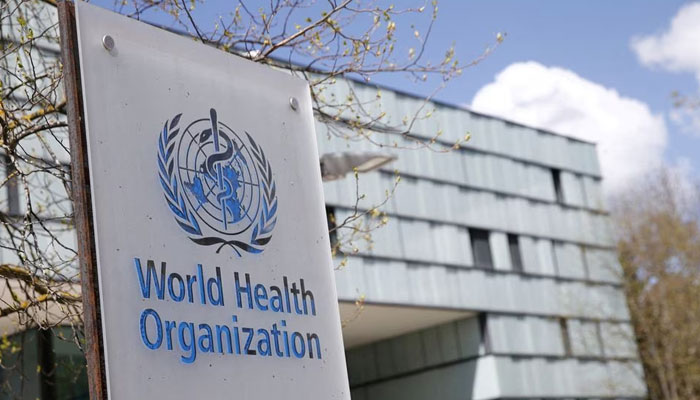[ad_1]

In a major announcement, World Health Organisation (WHO) declared Friday that the COVID-19 pandemic — which has killed more than 6.9 million humans — does not represent a global health emergency, reported Reuters.
The COVID-19 pandemic had left its impacts not only on people’s health, particularly mental, but also disrupted the global economy.
WHO Director-General Tedros Adhanom Ghebreyesus said: “It is therefore with great hope that I declare COVID-19 over as a global health emergency. The end of the emergency did not mean COVID was over as a global health threat.”
“Yesterday, the emergency committee met for the 15th time and recommended to me that I declare an end to the public health emergency of international concern. I have accepted that advice,” he said
In January 2020, WHO’s emergency committee initially declared COVID as its highest level of alert which helped the international community to focus on threats posed to public health as well as increasing cooperation and collaboration on vaccine development.
WHO said: “Lifting it is a sign of the progress the world has made in these areas, but COVID-19 is here to stay, even if it no longer represents an emergency.”
Ghebreyesus noted that “COVID has changed the world, and it has changed us. And that’s the way it should be. If we go back to how things were before COVID-19, we will have failed to learn our lessons, and failed our future generations.”
Dr Mike Ryan, executive director of WHO’s Health Emergencies Programme noted: “There’s still a public health threat out there, and we all see that every day in terms of the evolution of this virus, in terms of its global presence, its continued evolution and continued vulnerabilities in our communities, both societal vulnerabilities, age vulnerabilities, protection vulnerabilities, and many other things.”
“So, we fully expect that this virus will continue to transmit, but this is the history of pandemics,” said Ryan.
He added: “In most cases, pandemics truly end when the next pandemic begins. I know that’s a terrible thought but that is the history of pandemics.”
According to the WHO statistics, the death rate has slowed from a peak of more than 100,000 people per week in January 2021 to just over 3,500 in the week of April 24, 2023.
In 2022, US President Joe Biden said: “The pandemic was over.”
Similar to other countries, the world’s top economic country started to revoke domestic emergency status for COVID which meant it would cease paying for vaccines among other benefits.
Similar measures were also carried out by other countries. The European Union (EU) said last year: The emergency phase of the pandemic was over.
WHO’s Africa chief Matshidiso Moeti remarked in December it was time to move to routine management of COVID across the continent.
The end of the global health emergency could also mean that international coordination and collaboration, including funding efforts, would also come to an end. It would also lead to a shift of attention as most of the countries have already opted to do so as the pandemic began to assuage.
[ad_2]
Source link






